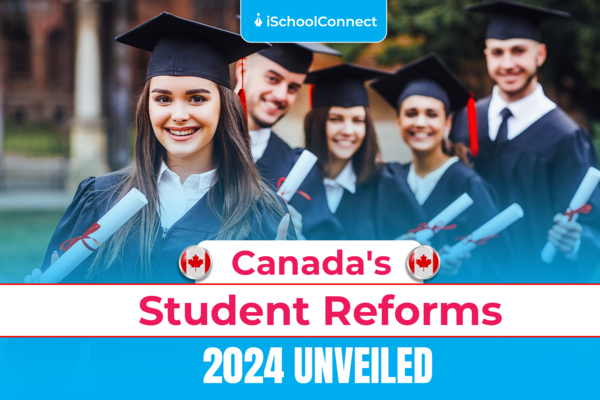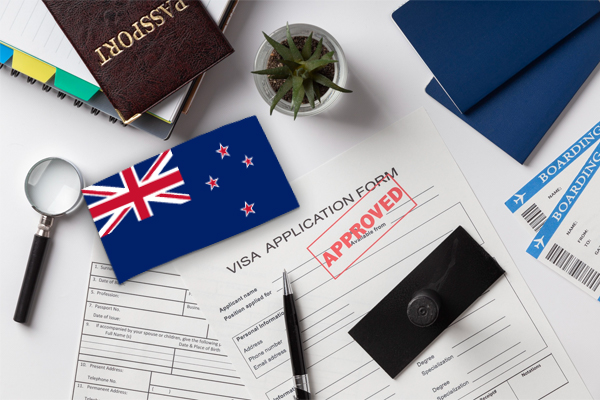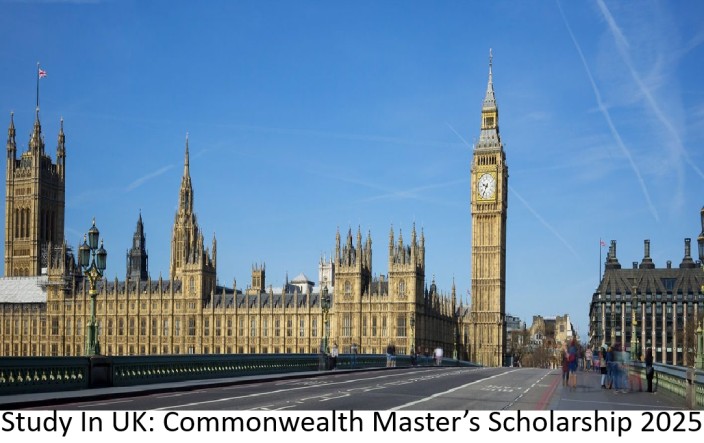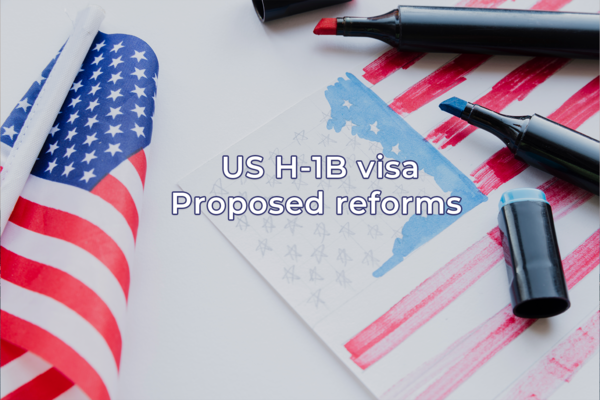Table of Contents
Introduction
In a significant move aimed at enhancing the experience of international students in Canada, Marc Miller, Minister of Immigration, Refugees, and Citizenship, announced today various measures addressing financial concerns and support for persons pursuing education in Canada.
Financial preparedness of international students
The cost-of-living financial criterion for study visa applicants will be increased beginning January 1, 2024, to guarantee that overseas students are appropriately prepared for life in Canada. Statistics Canada’s low-income cut-off (LICO) will modify the level annually, which represents the minimum income required to meet basic needs. This modification is in response to an outdated financial requirement that has not been updated since the early 2000s.
In 2024, a single applicant must demonstrate $20,635, or 75% of LICO, in addition to their first year of tuition and travel expenses. The change is intended to keep students from experiencing financial difficulties upon arrival in Canada. The new condition will apply to applications for study permits received on or after January 1, 2024.
Pilots to assist underrepresented groups

Recognizing the varying effects of these changes on various applications, the government intends to work with partners to launch tailored pilots in 2024. These initiatives will investigate novel approaches to assisting underserved groups of international students, thereby ensuring inclusion in the Canadian educational system.
Ensuring adequate learning institution support
The announcement aligns with recent changes to the International Student Programme, emphasizing a new framework for recognizing learning institutions that provide high-quality services and assistance to international students, including housing. This framework reflects the government’s commitment to improving the overall student experience. By September 2024, learning institutions should only admit students who can receive sufficient support. This may involve implementing measures like prospective visa restrictions to ensure adequate student support.
Temporary policy updates for international students
Minister Miller also offered information on three interim policies that affect overseas students directly. Starting now, students will have the opportunity to enjoy an extended exemption from the 20-hour-per-week limit for off-campus labour. Canada has extended the waiver on the 20-hour-per-week limit for off-campus work until April 30, 2024, offering students greater flexibility in managing their work and study commitments. Furthermore, students who begin their studies before September 1, 2024, can count online study time toward their future post-graduation work permit, provided it makes up less than 50% of their total program of study. These measures aim to assist international students in pursuing their academic and career aspirations while ensuring they have the requisite support and resources to succeed.
The temporary programme that granted post-graduation work permit holders an additional 18-month work visa is no longer in effect, putting qualified students at danger. The initial expiration date for this policy was December 31, 2023. These updates give international students with clarity and essential timelines as they plan their education and career paths in Canada.
These revisions demonstrate Canada’s commitment to providing international students with the financial resources, support, and opportunities they need to prosper during their educational journey in the country. This makes Canada an even more appealing location for global learners.






